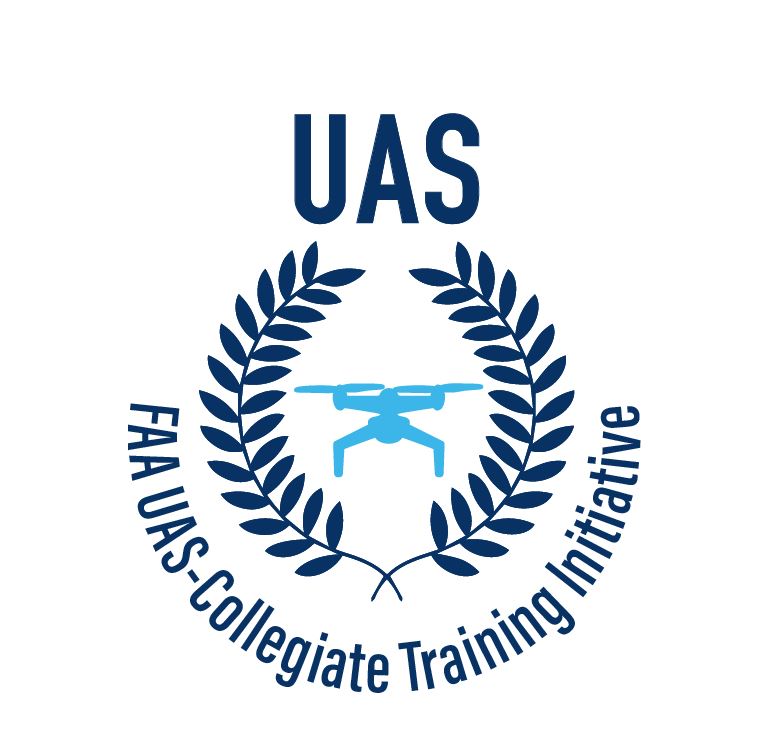

Harper's drone program provides you with the skills and knowledge necessary to effectively use Small Uncrewed Aerial Systems in variety of business and public sector domains working as pilots, drone image specialists, data technicians, or remote sensing technicians.
Drone technology is used in fields as diverse as agriculture, utilities inspection, public safety, search and rescue, mapping and surveying, insurance, mining, real estate, and cinematography.
Harper's drone certificates are closely tied to the Geographic Information Systems (GIS) certificate program which provides students with hands on experience with the latest GIS technology and techniques.
Harper College offers two certificate programs in drone technology. The 7-hour Drone Essentials Certificate includes three courses to help you get your drone technology career off the ground. After completing the Drone Essentials Certificate, you can complete an additional 9 hours of coursework to earn the Drone Technology and Applications Certificate. This certificate provides additional training in business and artistic applications for drone technology, provides foundational drone operations skills and allows you to develop either photography/videography for drone post-production or geospatial technology skills for mapping or GIS applications.
Harper's Continuing Professional Education program also offers Drone Pilot Ground School and Small Unmanned Aerial Systems courses. See the CPE Course Schedule for details.
Harper College is a proud participant in the FAA’s UAS Collegiate Training Initiative (UAS-CTI), offering:
Graduates of the Drone Technology and Applications program will have sUAS knowledge and piloting skills necessary to pursue opportunities in a wide range of industries:
The program's emphasis on practical skills and industry-relevant knowledge ensures that students are ready to meet the demands of these dynamic fields.
Want to learn more about drone courses at Harper? Contact contact Mukila Maitha, Associate Professor, Chair, Geography Department, at mmaitha@harpercollege.edu or 847.925.6521 or contact Admission Outreach at 847.925.6700. You can also submit a request information form.